The leather industry is suffering due to years of environmental pollution by hundreds of tannery factories. The toxic waste from these factories has spread into the environment, including rivers and canals. Pollution is constantly damaging the environment, and it is increasing. This industry is losing a large market due to a failure to take the necessary steps to prevent pollution, experts and industry insiders say.
After the shift of factories from Hazaribagh, the situation in Savar was expected to improve, but in reality, it did not. The entire sector is paying for it.
Bangladesh Export Promotion Bureau (EPB) data says that the leather sector`s export earning target for the fiscal year 2023-24 is $1,350 million. The earnings from July 2023 to February 2024 were $895.27 million, which is 14.38% less than the earnings for the same period of the previous financial year. The earnings from February 2022 to July 2023 were $832.38 million.
Exporters say that to sell leather and leather products at a good price to the world`s big brands, factories need to get a certificate from the Leather Working Group (LWG). Keeping in mind the global market, the government took up a project in 2003 to shift the leather industrial city from Hazaribagh to Savar. According to that, a leather industrial city was built in Harindhara of Hemayetpur on 200 acres of land.
At present, there are 141 tanneries. A Central Effluent Treatment Plant (CETP) was constructed for Tk547 crore. However, tanneries are still not getting LWG certification as the plant was not fully implemented. In November 2023, a factory called Simona Tanning got LWG accreditation. Simona has its own ETP facility. No other factory in the last 21 years has secured certification in Bangladesh. As a result, the industry is losing export opportunities.
Although the concerned authorities have taken effective measures to solve this issue, the problem has not been resolved. The tannery waste is constantly polluting the environment in various ways, including the nearby Dhaleswari River, which increases several times during Eid-ul-Azha. However, this time, the authorities concerned have promised to take strong steps to solve the issue of CETP, including the prevention of environmental pollution.
Industries Minister Nurul Majid Mahmud Humayun, Environment, Forest, and Climate Change Affairs Minister Saber Hossain Chowdhury, Prime Minister`s Private Industries and Investment Adviser Salman F Rahman, Bangladesh Small and Cottage Industries Corporation (Bscic) Chairman Sanjay Kumar Bhowmik visited the tannery industry in Savar on Wednesday. They talked with various parties related to this sector, including factory owners, on various issues in the leather park. After the meeting, the delegation spoke to journalists.
Industries Minister Nurul Majid Mahmud Humayun said: "Those who are in charge of BCIC were present here with us today along with tannery owners and other concerned authorities. Today, we heard what they had to say. Listening to the problems, we will look at the issues on the ground to solve them. We will discuss what can be done to solve the existing problems. We have already discussed short-term, medium-term, and long-term plans. It is not possible to solve the problem in a day. Besides, even by stopping everything, we are not able to solve this problem now.”
“We are going to take up a plan on how to solve the problems that are there and how to work through solutions and also protect the environment,” he said.
Efforts to make ETP setup easy
For so long, the leather industry was running centrally through CETP. However, there were still many complaints. The factory owners were asking permission to do ETP. However, it was difficult due to the confusion of various government departments. However, Salman F Rahman said the entire process has been made easy.
He said: "It has been said by the Ministry of Industries and BSIC that there will be no obstacle if the owner wants to set up ETP in his factory with his own money. There were obstacles before. But now there is no longer that barrier. Earlier, in this industrial city, you could not set up ETP on your initiative. But now you can do that.”
Laying the blame on the construction company for the incomplete functioning of the CETP of the leather industrial city, he said: “We came here today mainly to understand the problems of the leather industrial city of Savar. The main issue is that Chinese companies have completed most of the CETP. But they didn`t do it the way we asked them to do it. So we did not give them the payment they had; it has been withheld.”
Salman F Rahman said: “Since the CETP is not working as it was supposed to, we are not getting the results we expected from it. Now we are thinking that once an investment is made, it cannot be thrown away. Therefore, I discussed with everyone how to solve the problem. As Eid approaches, what steps can be taken before the Qurbani is discussed? We have discussed today how to temporarily solve the problem that will occur during Eid."
Highlighting the issue of solving the environmental problem, he said: "The problem of the owners is that they say that if they do not get a certificate from the Department of Environment, they cannot do business. On the other hand, the Ministry of Environment states that if one cannot maintain standards, how would they give the certificate? The environment minister has given an assurance that they will give concessions in some cases. But it will not be for forever. I am thinking of calling a meeting soon in this regard, and we will discuss this matter in detail there.”
He further said: "The solution is short-term, mid-term, and long-term; we will talk about these in the future."
Salman F Rahman said: “The premier always says that there are many opportunities and possibilities in our leather sector. That is why we have to solve the CETP problem. At present, all the leather that is being exported from our country is being exported only to China. A very small amount is exported to other countries. This is mainly due to the lack of an LWG certificate.”
He said: “It has to be done because 80% of the leather going to China is mainly crust leather. After processing them in various ways, China is exporting them to various countries as finished leather. If we could export finished leather ourselves, we would be able to earn more foreign exchange.”
Concession
Environment Minister Saber Hossain Chowdhury said that problems will be identified and new plans will be taken to exploit the potential of the leather sector.
He said: "Before solving the problem, what we needed to know was—what is the problem and how is it happening? A fruitful discussion took place here today.”
Regarding the concessions, he said that through this concession, no one would be allowed to harm the environment either. “As we harm the environment and put public health at greater risk, there will be no compromise on such policies."
The minister said: "We want the industry to be active in the country, to create employment, and to realize the potential that exists in the leather sector. We will discuss the matter very soon and conclude.”
Ariful Islam Sabbir, Dhaka Tribune

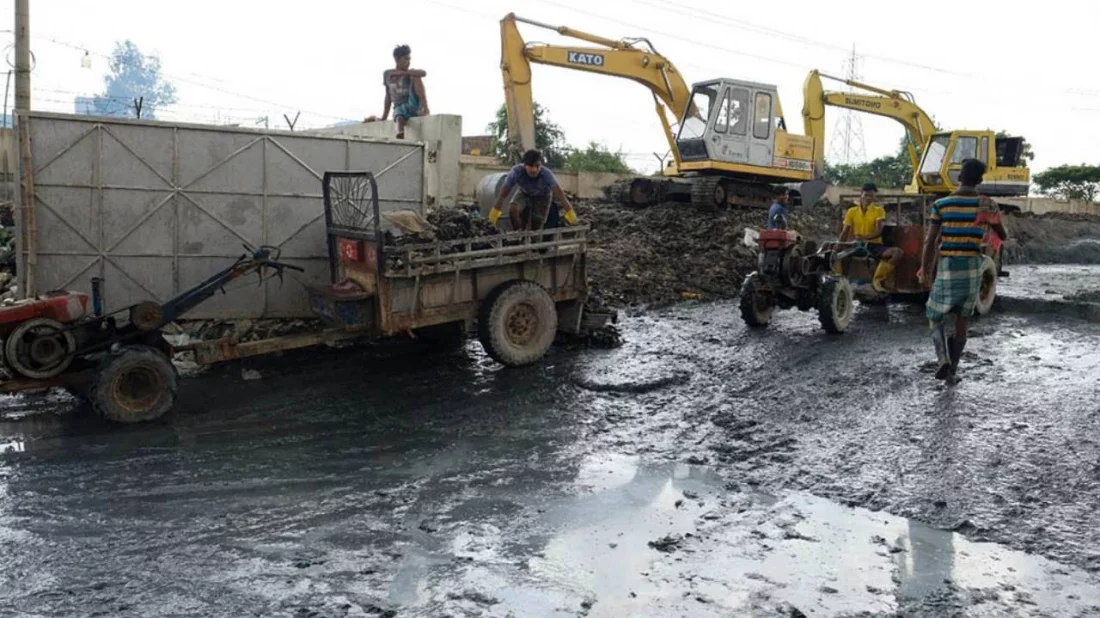
 ডেইলি খবরের সর্বশেষ নিউজ পেতে Google News অনুসরণ করুন।
ডেইলি খবরের সর্বশেষ নিউজ পেতে Google News অনুসরণ করুন।










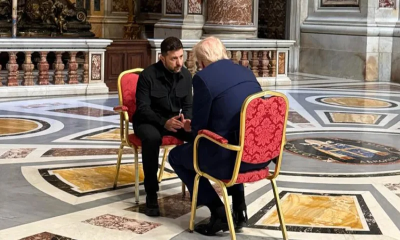
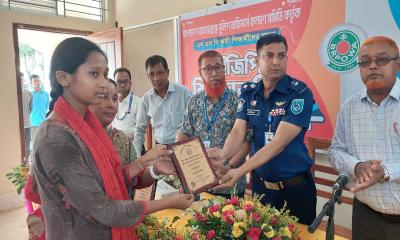

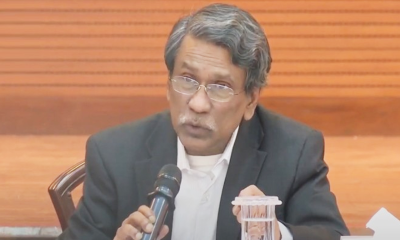

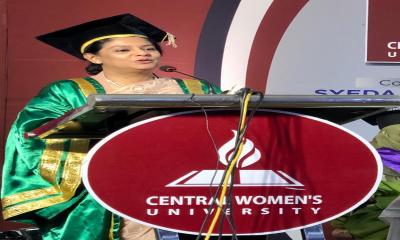
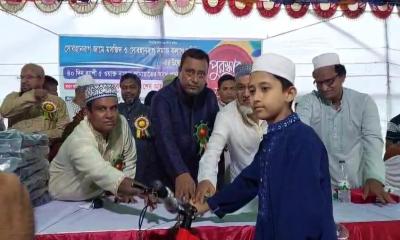
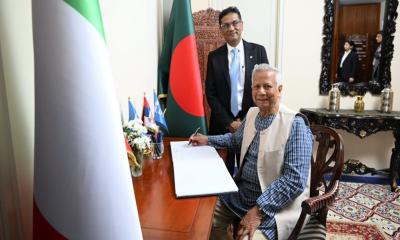


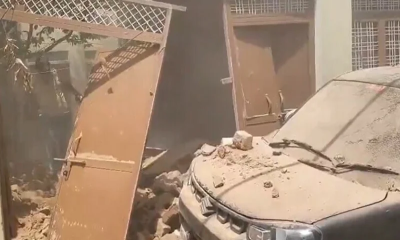
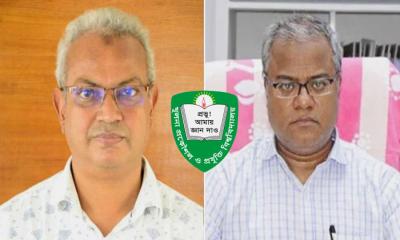



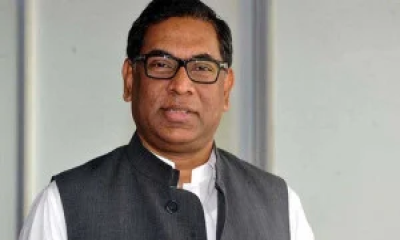


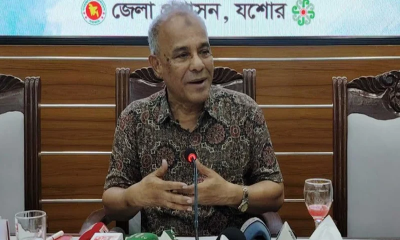
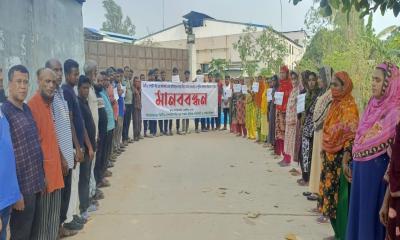
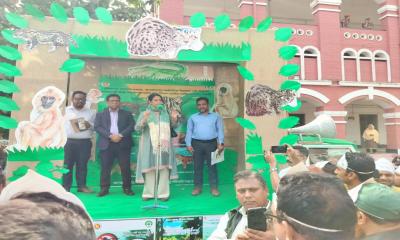
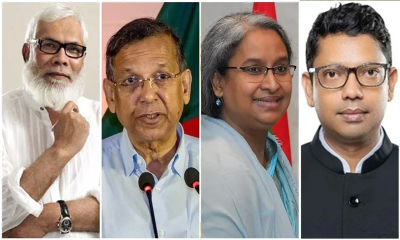

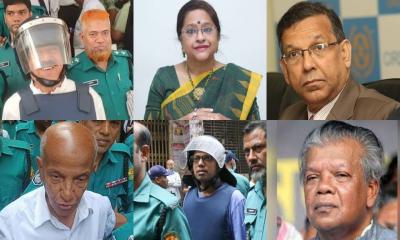
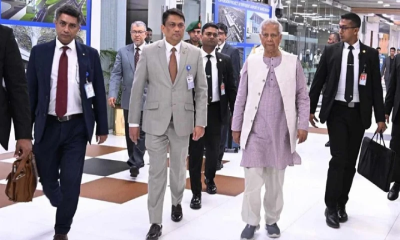


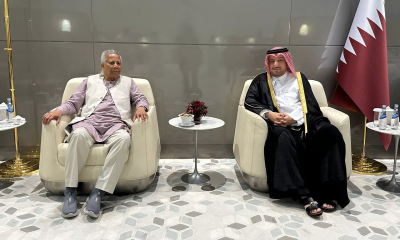

আপনার মতামত লিখুন :